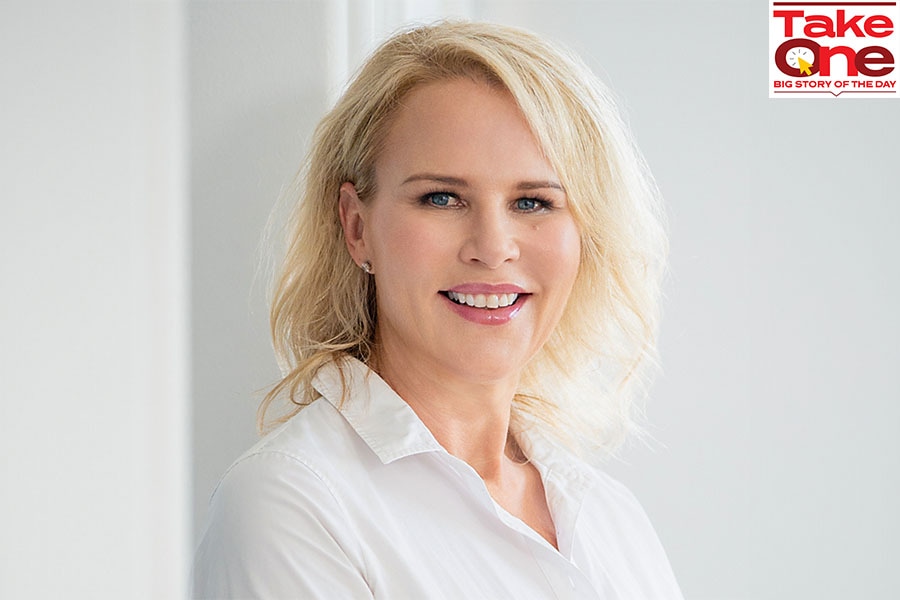
Ski holidays top destination for those looking for luxury : Rachael Harding
What does it really take for a global family-focussed luxury holiday club to be back on its feet and running after all its resorts were compelled to shut down in March 2020? Rachael Harding, CEO, ESAP, shares how Club Med pivoted
 Rachael Harding, chief executive officer (CEO) of East and South Asia & Pacific (ESAP)
Rachael Harding, chief executive officer (CEO) of East and South Asia & Pacific (ESAP)
After the Covid-induced lockdown stopped travel worldwide severely impacting the hospitality business, Club Med, an all-inclusive holiday club, took some tough decisions to pivot business strategies to get back to profitability with a tight leash on costs and expenses. That paid off gradually and steadily.
“At the end of 2022, we were back to pre-pandemic business volumes and more profitability than 2019 because of our shift in strategy. Now, in the first half of 2023, we have had a record first quarter mainly driven by our mountain business. We had quite an aggressive pipeline in terms of development. We opened five new resorts during this time. We didn’t take effort off that,” says Rachael Harding, chief executive officer (CEO) of East and South Asia & Pacific (ESAP). She leads the stewardship of Asia-Pacific markets (excluding mainland China).
Harding adds that from 2018 to 2019 pre-Covid, there was a huge increase in volume with people from India travelling to Maldives and other Indian Ocean destinations, but now there is a shift. “Now, we are seeing a complete shift, only half our business is going to that area, and the rest are going to mountain destinations with skiing,” Harding explains.
Club Med was founded in 1950 by Gérard Blitz, who invented the all-inclusive holiday club concept, adding in activities especially for children with the creation of the Mini Club in 1967. Club Med operates over 60 resorts, of which 95 percent are rated Premium & Exclusive Collection that offers a selection of the brand's most exclusive resorts, villas, chalets, and yachts characterised by premium accommodations, exceptional hospitality and personalised services, exclusively beautiful locations, refined dining concepts and lounges, transformational experiences, and unique architecture and design elements.
Fosun Tourism Group, a Hong Kong-listed tourism entity that runs resorts assets including Club Med and the Atlantis luxury resort in China's tropical Hainan Island, has a market value of about $652 million, according to Reuters.







